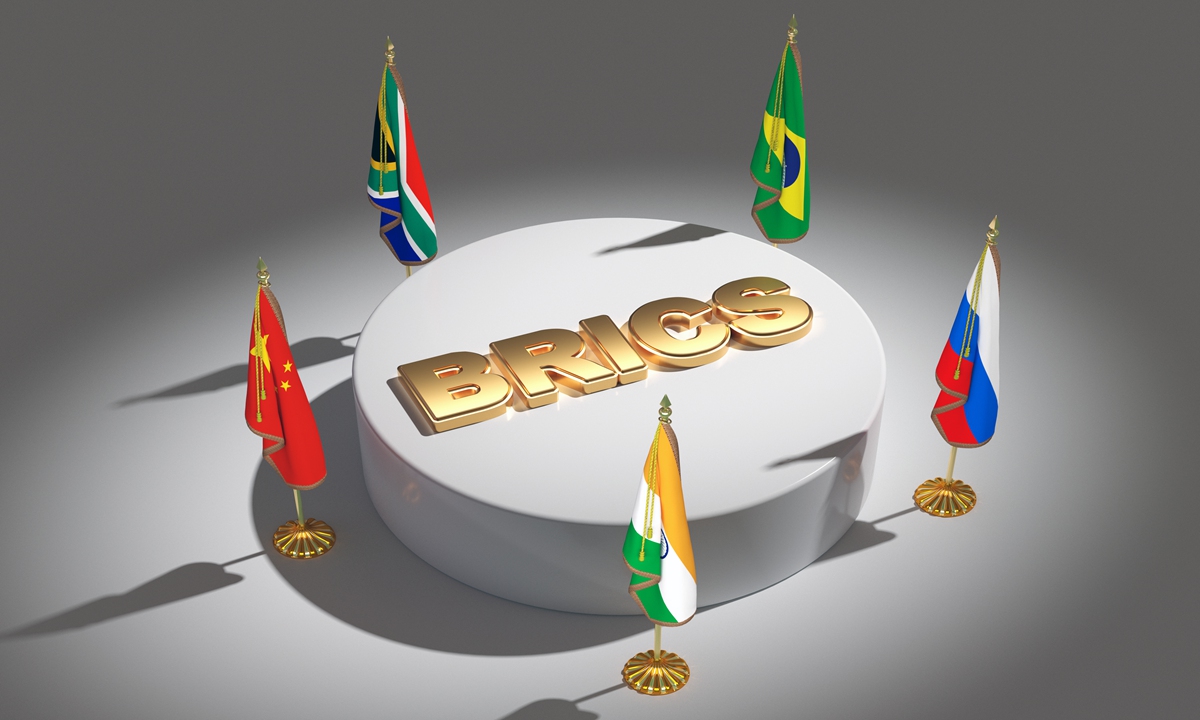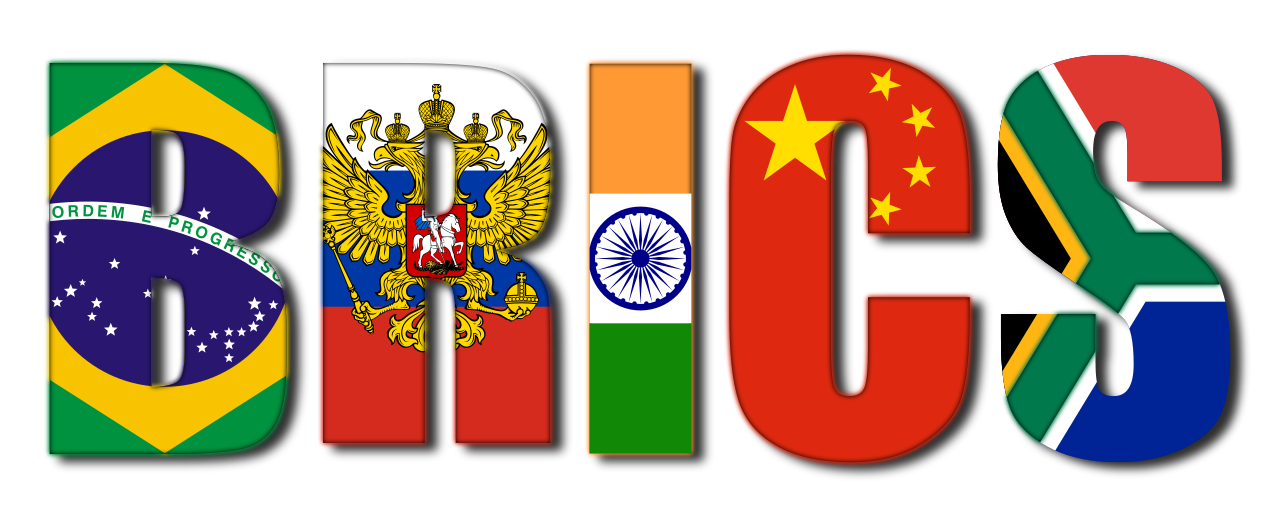The acronym BRICS refers to a grouping of five major economies that are still in the process of developing. These countries are Brazil, Russia, India, China, and South Africa. Over forty percent of the world’s population and approximately 25 percent of global GDP are represented by the BRICS group, which was established to challenge the economic hegemony of developed nations. As the world continues to change, more and more thought is being put into the potential future of BRICS and the nations that could become members of the organization.
Current Situation and Past Accomplishments
Since the beginning of the millennium, when the idea was first conceived, the BRICS group has been working hard to establish itself as a significant participant in the international economy. They have promoted reform within international financial institutions and have launched initiatives such as the New Development Bank, which aims to finance infrastructure projects in developing countries. The BRICS nations have also emphasized their shared interests in areas such as the liberalization of trade, the promotion of sustainable development, and the reduction of the impacts of climate change. As a result of these partnerships, their collective influence in global fora has increased, and economic cooperation has been facilitated.

Perspectives on the Future
Economic Growth: The BRICS nations are still regarded as having significant growth potential despite facing challenges such as economic slowdowns and political uncertainties. This is due to the fact that these nations are considered to have significant growth potential. As a result of demographics, natural resources, and technological advancements, it is anticipated that their economies will continue to expand at a faster rate than the average growth rate for the entire world. Influence on Politics: As the economic balance of power in the world continues to shift, it is possible that the BRICS nations will play an even more decisive role in the formation of international norms and regulations. The global order that is dominated by the West could be challenged by their combined voice in organisations such as the United Nations, the World Trade Organisation, and the International Monetary Fund.
Goals of Sustainable Development: It is very likely that the future of BRICS will become increasingly intertwined with those of sustainable development. Their commitment to working together to address issues such as climate change, the reduction of poverty, and equitable economic growth has the potential to contribute to global solutions and further enhance their standing on the international stage.
Possibilities for Growth: The idea that BRICS could grow to incorporate additional countries is one that has been the focus of on-going debate. The direction that future expansion takes could be influenced by things like the potential for economic growth, political alignment, and regional representation. The following are some potential candidates:
Indonesia: Thanks to its robust economic growth and advantageous location in Southeast Asia, Indonesia has the potential to bolster the presence of the BRICS nations in the region.
Turkey: The geopolitical importance of Turkey, along with its status as an emerging market, makes it a strong contender. The incorporation of this idea has the potential to reduce the gap between Asia, Africa, and Europe.
Mexico: As one of the largest economies in Latin America, Mexico has the potential to bolster the collective economic clout of the BRICS nations and increase Latin American representation within the organisation.
Nigeria: As the country with the largest economy in Africa, Nigeria has the potential to expand the BRICS initiative’s focus on Africa and provide insightful commentary on the opportunities and challenges facing the continent.
 Concerns and Things to Take Into Account
Concerns and Things to Take Into Account
Tensions in the Geopolitical Arena the countries that make up the BRICS bloc have a diverse set of geopolitical interests, and these interests can sometimes be at odds with one another. Managing contentious issues like border disputes, trade wars, and divergent objectives in foreign policy requires a delicate touch.
Disparities in Economic Systems the BRICS countries all have significantly different economic systems, which may make it difficult to formulate unified policies. In order to bring the interests of countries as economically distinct as China and South Africa into alignment, careful negotiation and compromise are required.
Problems Associated with Expansion In order to expand BRICS, all of the current members will need to give their blessing and be in agreement with the organization’s overarching goals. The addition of new members ought to enhance rather than dilute the framework that is already in place for the coalition’s operations.
BRICS’s future holds a great deal of potential, with opportunities to further influence the economic and political dynamics of the world. Because of their shared emphasis on inclusive growth, sustainable development, and international reform, these countries are uniquely positioned to play an important role in the emerging multipolar world order.
The process of expansion needs to be approached with caution and foresight, with the goal of ensuring that any new members will both contribute to the group’s goals as well as align with those goals. As a reflection of the dynamic nature of global development, countries such as Indonesia, Turkey, Mexico, and Nigeria offer intriguing possibilities for expansion.
The future of BRICS will be determined by the group’s capacity to innovate, adapt, and take the lead in an ever-evolving global landscape. Their continued success has the potential to offer a new model of cooperation and growth, which will help promote a global order that is more balanced and inclusive.

Research Associate, Pakistan House



